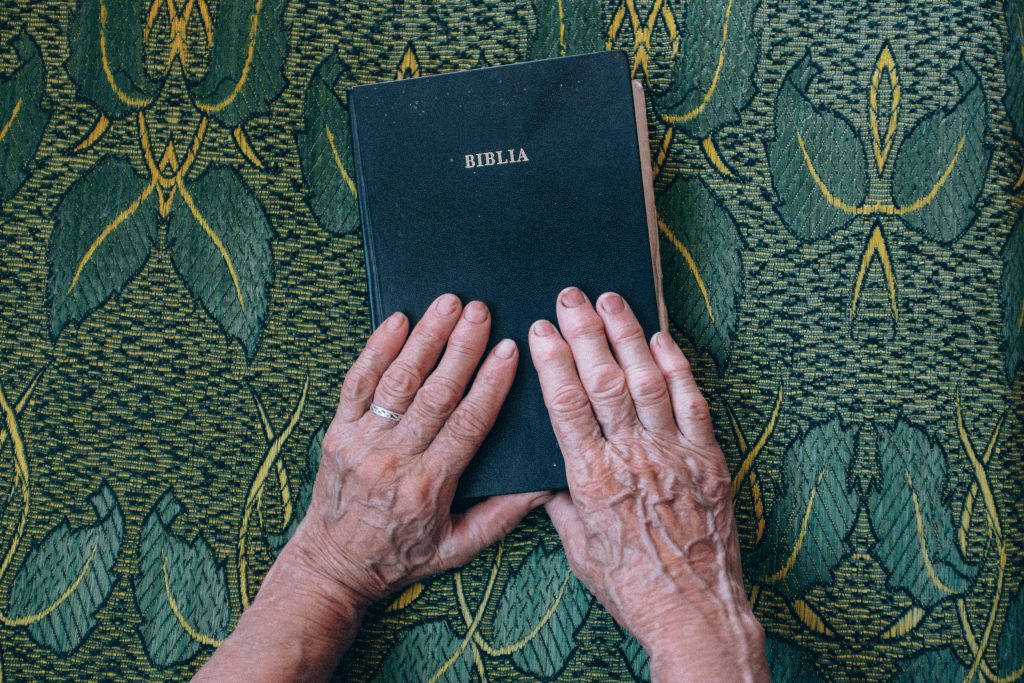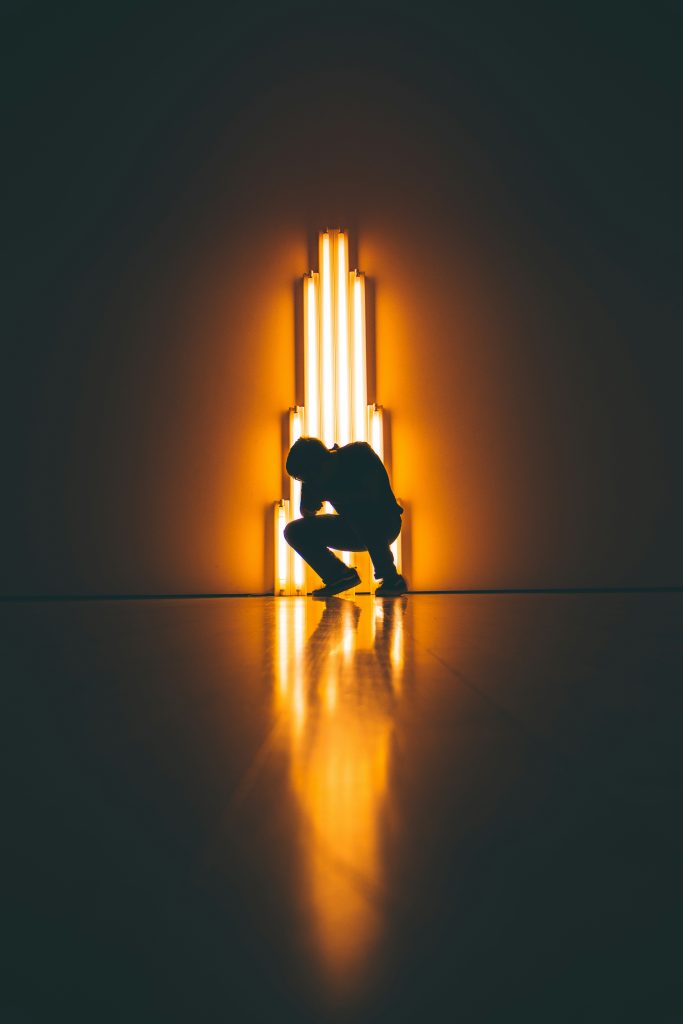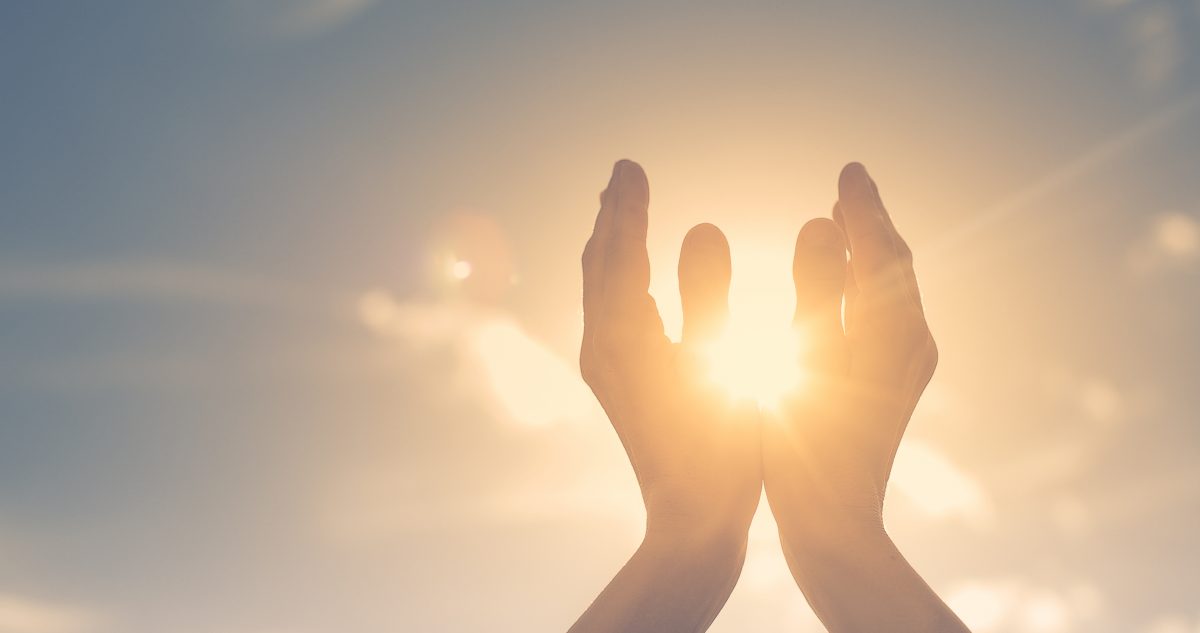Spirituality in Addiction Recovery
To recover from substance use disorder (SUD), one must heal their body, mind, and spirit. People who feel isolated and lack a sense of community and purpose often fall into the drug cycle. Patients need spiritual inspiration from treatment. This can enrich their sobriety and life.
Spirituality involves many things, including a higher power. People often associate a “higher power” with God or a god, but not everyone does. Connecting to a higher power can motivate people as they explore their spiritual journey in recovery.
Why Does Spirituality Aid Addiction Recovery?
Spirituality and its terms frequently intimidate newcomers to recovery. This may be because spirituality requires a raw and intentional inventory of self and beliefs.
If a solution is not practical, it’s not spiritual. The spiritual part of recovery is like the wet part of the ocean.
Addiction Overshadows Our Souls
There are many reasons why spirituality is essential in recovery. The main reason is that humans are spiritual. People who were negatively introduced to spirituality or who have never explored it often feel lonely, isolated, and depressed. Alcohol and other drugs are used to self-medicate. Substances and other compulsive behaviours cloud our souls.
Substance abuse reduces spirituality. After quitting alcohol and drugs, people can reconnect with their true selves.
Spirituality Encourages Mindfulness
Spirituality includes mindfulness components that aid healing. Acceptance and surrender are examples. Spirituality encourages us to accept and release what no longer serves us actively. It also promotes mindfulness and awareness of our impact on others.
Spirituality need not be scary. Instead, it can be a chance to start over and connect with something more significant.
Spirituality vs. Religion
Many people use “spirituality” and “religion” interchangeably. However, these terms describe different practices. Spirituality and religion are linked for some. Religion is a spiritual practice.
Religious people follow a set of beliefs and practices centred on a higher power, usually God or gods. Spirituality is an umbrella term for feeling connected to something greater. Spirituality is a growing relationship with a higher power.
As someone said, “Religion is for people who are afraid they’ll go to hell. Spirituality is for people who have been there.”

Understanding a Higher Power in Addiction Recovery
Someone must know who or what their higher power is before connecting with it. Simply put, a higher power is anything with great energy, knowledge, and wisdom that can benefit humanity. Everyone can have a higher power that makes sense and motivates them.
A higher power can be a deity, a person, or a concept like nature or the universe. Happy, purposeful, and strong people can feel affirmed in their higher power. This is crucial during recovery.
Higher Power and Twelve Steps
If the idea of a higher power seems daunting, know that 12-step programming places significant importance on it. Evidence-based 12-step treatment for SUD has been successful nationwide.
Though it uses religious language, these steps show that non-religious people can follow them and benefit from this programme. They acknowledge that finding and connecting with a higher power is essential to recovery. Nearly half of the Twelve Steps promote higher power:
2. Came to believe that a Power greater than ourselves could restore us to sanity.
3. Made a decision to turn our will and our lives over to the care of God as we understood Him.
5. Admitted to God, to ourselves, and to another human being the exact nature of our wrongs.
6. Were entirely ready to have God remove all these defects of character.
7. Humbly asked Him to remove our shortcomings.
11. Sought through prayer and meditation to improve our conscious contact with God as we understood Him, praying only for knowledge of His will for us and the power to carry that out.
Like addiction recovery, finding a higher power takes time. Treatment organisations and programs like the Twelve Steps empower people to explore their spirituality during recovery. Their lives may involve discovering a higher power.
Finding our Higher Power
Few of us were on speaking terms with God when we came into a recovery program. We might not have doubted that He could restore us to sanity, but we feared He wouldn’t. Old understandings ranged from the “white-robed, candy store man in the sky,” somewhat passive and indulgent, to the “angry, punitive, arbitrary judge” who accepts no excuses for not following the law to the letter. With few exceptions, “God as we understood Him” was not someone to whom we would want to turn over the care of our life and our will.
If you don’t understand the concept of a Higher Power, go down to the ocean and try to hold back the waves.
Most of us reached a point in recovery when we could no longer remain “unconscious” in our contact with God. We had to bring the same rigorous honesty we found so vital with ourselves and others into our relationship with our Higher Power. We came to believe that our unwillingness to share our feelings and vulnerability blocks relationships between God and man. We had to struggle with such questions as: Who is God as I understand Him? What is His action in my life? Is my understanding consistent with this action? What are my feelings regarding Him, positive or negative? Who am I in this relationship?

Discovering the Power of Our Higher Power
As recovery continued, we came to believe that our very existence is a free gift from our Higher Power – not as we once “understood Him,” but as we have come to understand Him through the awareness of His action in our lives. When we are experiencing pain, we often need to look at the lives of others, particularly those we sponsor, to see His actions clearly. Few of us would have survived our addiction and compulsions without God’s grace.
We came to understand a God who is powerful yet gentle. We came to understand a God who loves us just the way we are but is too much to leave us that way. As our conscious contact with God develops, I have the power to transform our painful loneliness into joyful solitude.
To do this, we must come to that relationship anew each day. We must be willing to let go of our old ideas of who God was yesterday and search continually for who He is in our lives today. We also need to bring to prayer a conscious awareness of who we are by beginning an evening session with “a constructive review of our day,” as the Big Book of Alcoholics Anonymous suggests.
If you or your loved one is struggling with any addiction-related issues, call Freephone at 0800 140 4044
Freephone: 0800 140 4044
Local rate: 0300 330 3040



